Introduction to Classical Chinese Medicine
Classical Chinese Medicine (CCM) uses subtle manipulation of acupuncture points through acupuncture or acupressure where there is blockage of Qi ('Chee') or life force energy. Chinese medicine can move the blockage (or Qi stagnation) so energy may flow more freely. The use of essential oils also plays a significant role in promoting holistic well-being.
CCM views the body as a harmonious system and sometimes employs essential oils to balance the body's energy flow. Through a combination of aromatic and therapeutic properties, essential oils are believed to aid in restoring balance and promoting vitality. In CCM, essential oils are used in various practices such as acupuncture, acupressure, and massage techniques to support both physical and emotional wellness. Keep in mind that the selection and application of essential oils in CCM are personalized to an individual's specific needs and health condition.

Understanding the use of essential oils in CCM
In Classical Chinese Medicine (CCM), essential oils are often used to promote healing and balance in the body. These oils are extracted from plants and have been used for centuries in CCM to address various ailments and improve overall well-being. Essential oils are believed to have therapeutic properties that can influence the body's energy and restore harmony. Lavender, Peppermint, and Eucalyptus are some of the commonly used essential oils in TCM for their calming, cooling, and invigorating effects. When used in TCM, essential oils are typically inhaled, applied topically, or used in massage to support the body's natural healing processes.
The best essential oils for CCM practices
The use of essential oils in Classical Chinese Medicine (TCM) has been a longstanding practice, with specific oils playing essential roles in promoting health and well-being. Some of the best essential oils used in TCM include peppermint, ginger, lavender, eucalyptus, and frankincense. Each of these oils has unique properties that make them valuable in TCM, such as their ability to improve circulation, relieve pain, or calm the mind. When incorporating essential oils into TCM practices, it's crucial to understand their individual benefits and how they can be effectively used to support the body's natural healing processes.
Benefits of using essential oils in CCM
Essential oils have been widely used in Classical Chinese Medicine to promote health and well-being. Some benefits of using essential oils in CCM include:
- Regulating Qi and balancing Yin and Yang: Certain essential oils are believed to help balance the body's energy and harmonize its opposing forces.
- Promoting relaxation and reducing stress: Many essential oils are known for their calming and soothing effects, which can help alleviate stress and anxiety.
- Alleviating pain and inflammation: Some essential oils have analgesic and anti-inflammatory properties that can be beneficial for managing pain and reducing inflammation in the body.
- Supporting emotional well-being: Aromatherapy with essential oils is often used in CCM to improve mood, uplift spirits, and support emotional balance.
These are just a few of the benefits that essential oils can offer when incorporated into Classical Chinese Medicine practices.
Methods of applying essential oils in CCM
In Classical Chinese Medicine (CCM), essential oils are applied through methods such as aromatherapy, topical application, and ingestion. Aromatherapy involves inhaling the aromatic compounds of the essential oils, while topical application involves applying the oils directly to the skin. Ingestion, on the other hand, involves taking the essential oils internally.
In CCM, essential oils are used to support the body's natural healing processes, harmonize the body's energies, and promote overall well-being. They are believed to have various therapeutic properties, including promoting relaxation, improving circulation, and alleviating pain. The methods of applying essential oils in CCM are used to address specific health concerns and restore balance to the body's energies.
Classical Chinese Medicine techniques and essential oils
In Classical Chinese Medicine (CCM), essential oils are used in different techniques to promote health and well-being. Some common CCM techniques involving essential oils include aromatherapy, acupressure, and massage. These techniques aim to balance the body's energy and promote relaxation, circulation, and overall wellness. In CCM, essential oils are often chosen based on their specific properties and how they can benefit different aspects of health. For example, some essential oils are used to invigorate the mind and body, while others are used for soothing and calming effects. By incorporating essential oils into TCM practices, individuals can experience a holistic approach to wellness that addresses both physical and emotional health.
Incorporating essential oils into CCM treatments
Incorporating essential oils into Classical Chinese Medicine treatments can enhance the therapeutic effects of the treatments. Essential oils are often used in CCM to improve circulation, alleviate pain, reduce inflammation, and promote relaxation. When combined with CCM practices such as acupuncture, acupressure, or herbal medicine, essential oils can help to address various health issues and promote overall well-being. Some of the best essential oils used in CCM include lavender, peppermint, ginger, and frankincense. It's important to consult with a qualified CCM practitioner to ensure that the essential oils are used safely and effectively in conjunction with traditional treatments.
Essential oil blends in CCM
Essential oil blends are an essential part of Classical Chinese Medicine (CCM) and are used for various purposes such as promoting relaxation, relieving stress, and balancing energy. In CCM, essential oils play a significant role in enhancing the body's natural healing processes and can be used for massage, inhalation, or topical application. Different essential oil blends are formulated based on TCM principles to address specific health concerns, such as promoting better sleep, improving digestion, or reducing inflammation. Blends of oils like lavender, peppermint, and frankincense are commonly used in CCM practices for their therapeutic properties.
Precautions and considerations when using essential oils in CCM
When using essential oils in Classical Chinese Medicine (CCM), it's important to be aware of some precautions and considerations to ensure safe and effective usage. Here are some key points to keep in mind:
- Essential oils are highly concentrated and potent, so always dilute them with a carrier oil before applying them to the skin or using them internally.
- Certain essential oils may not be suitable for pregnant women, nursing mothers, young children, or individuals with certain medical conditions. It's best to consult with a qualified CCM practitioner before using essential oils in these cases.
- Pay attention to the quality and purity of the essential oils you are using. Look for oils that are organic, therapeutic-grade, and free from additives or synthetic ingredients.
- CCM emphasizes the concept of balance and harmony in the body, so it's important to use essential oils in conjunction with other CCM practices such as acupuncture, acupressure, or herbal remedies.
- Always perform a patch test on a small area of the skin before using a new essential oil to check for any allergic reactions or skin sensitivities.
By being mindful of these considerations, you can incorporate the best essential oils into your CCM practice safely and effectively.
Conclusion: The future of essential oils in Classical Chinese Medicine
The future of essential oils in Classical Chinese Medicine looks promising as research continues to uncover their potential health benefits. Although essential oils have been used in CCM for centuries, modern scientific studies are shedding light on their specific mechanisms of action and therapeutic properties. The integration of essential oils with traditional Chinese herbal medicine could lead to innovative treatments for various health conditions. Furthermore, as more people seek natural and holistic remedies, the demand for essential oils in CCM is expected to increase. This shift toward natural healing approaches may further validate the role of essential oils in CCM and pave the way for their continued use and exploration in the field.

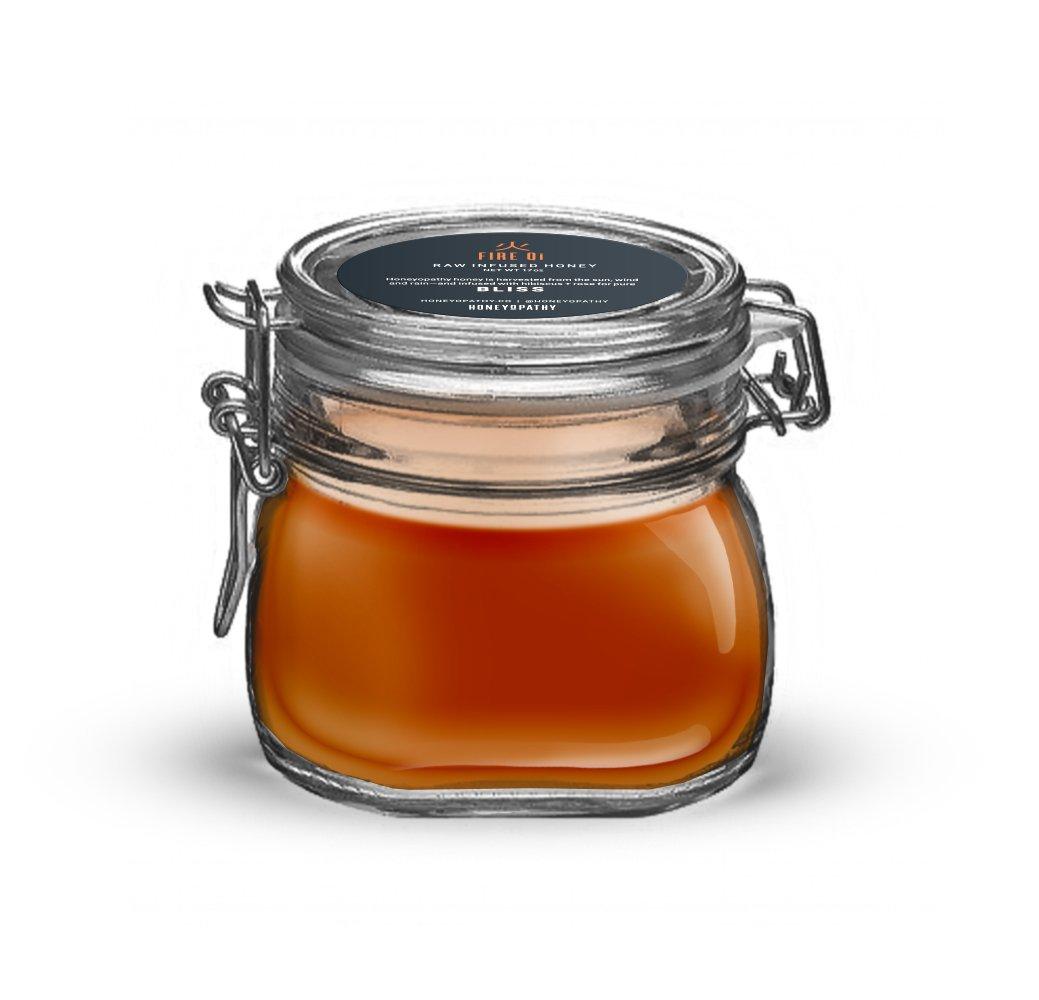

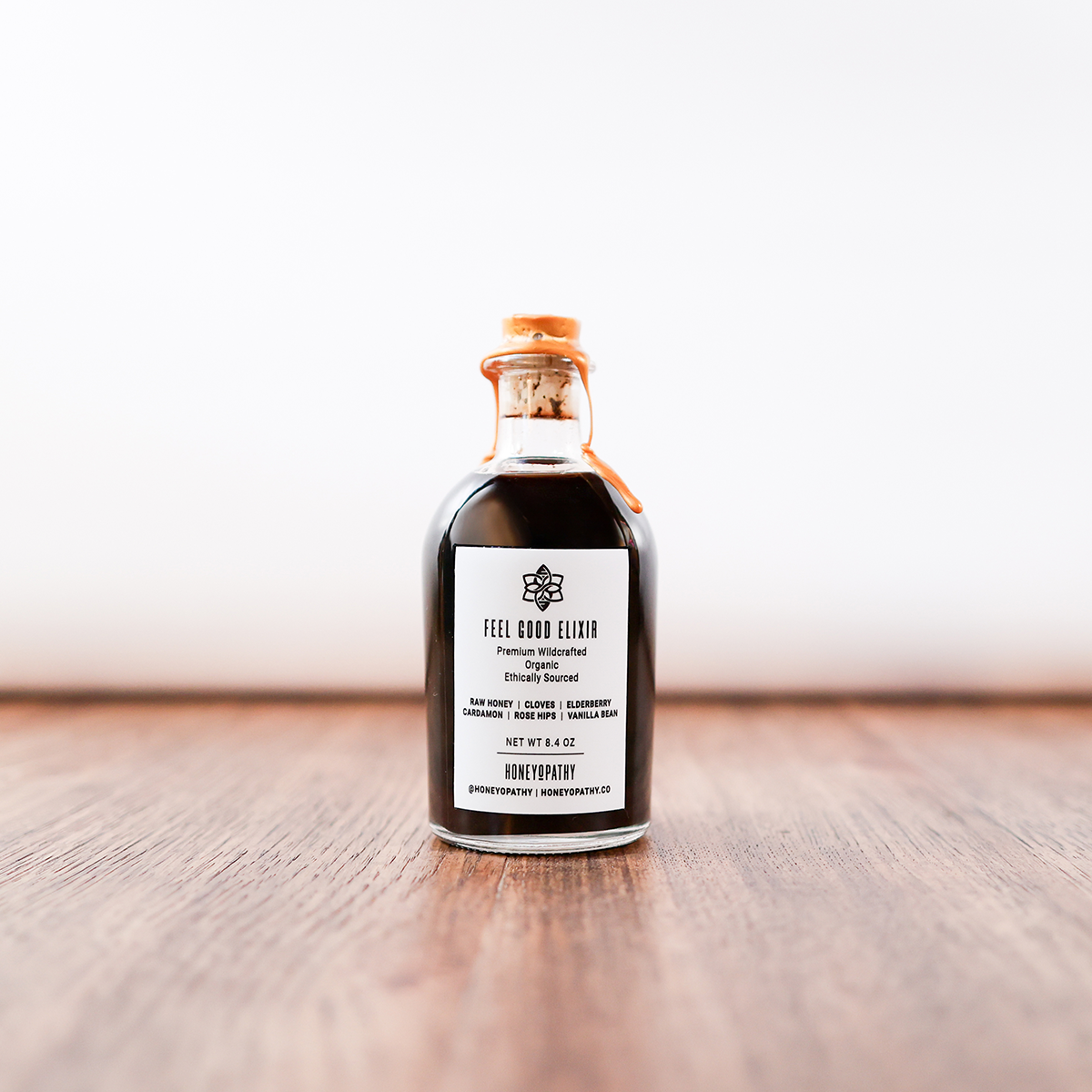
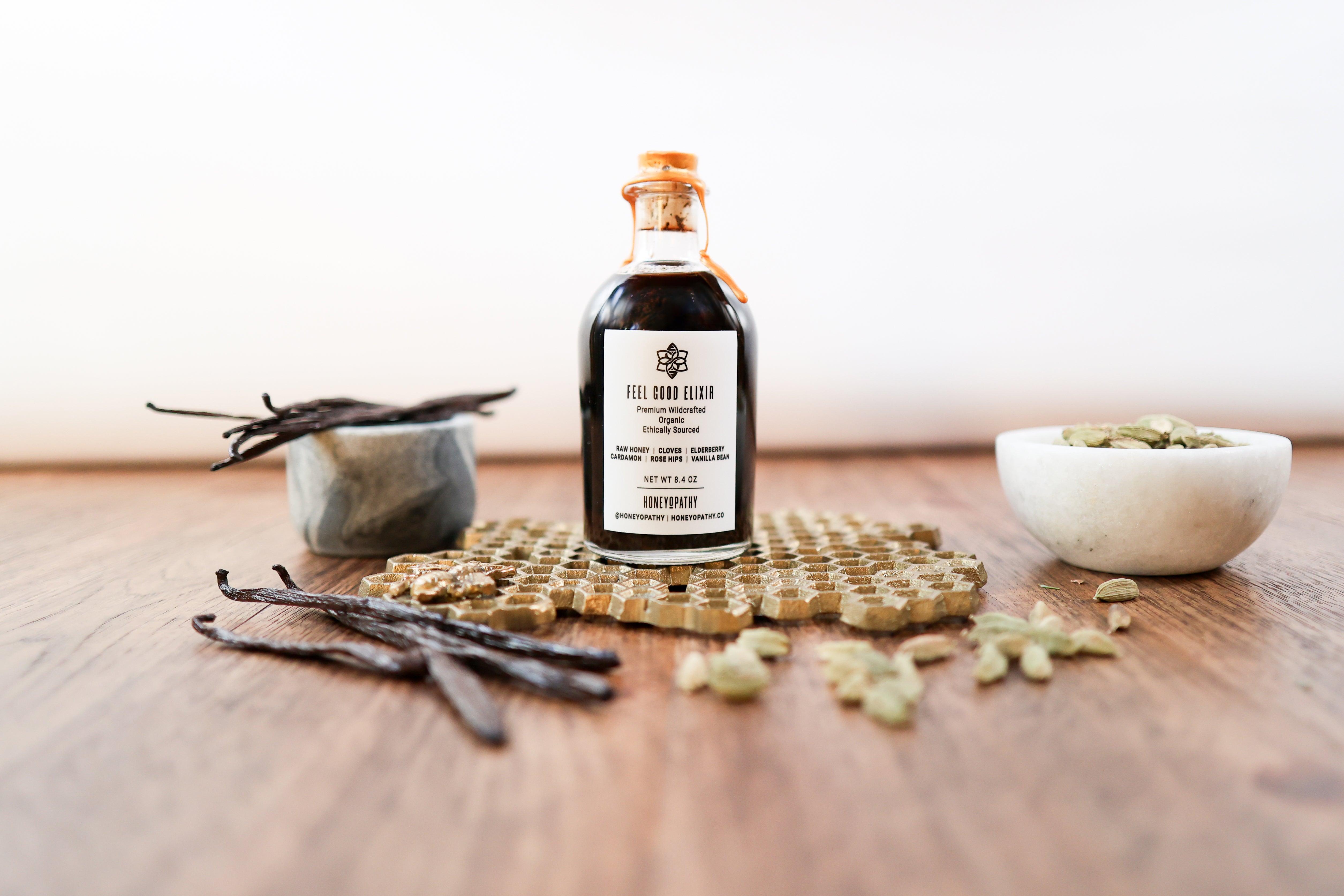

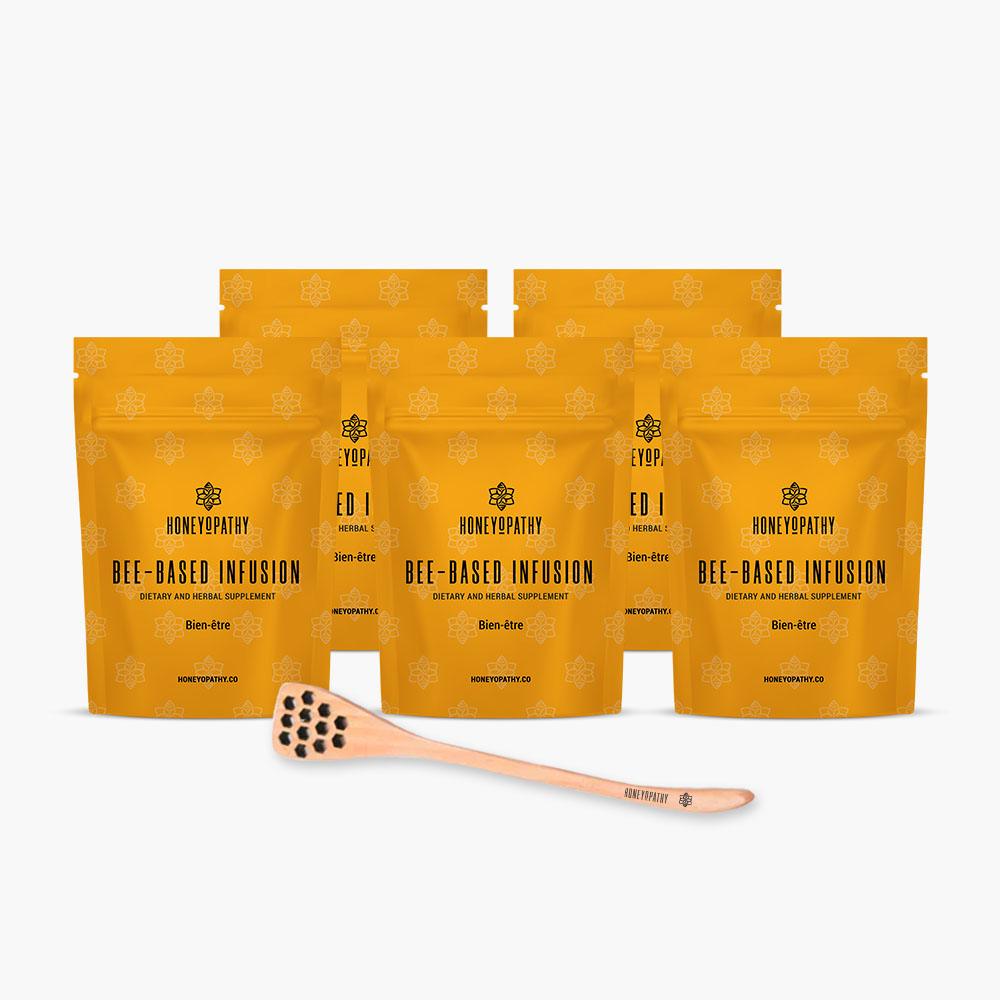
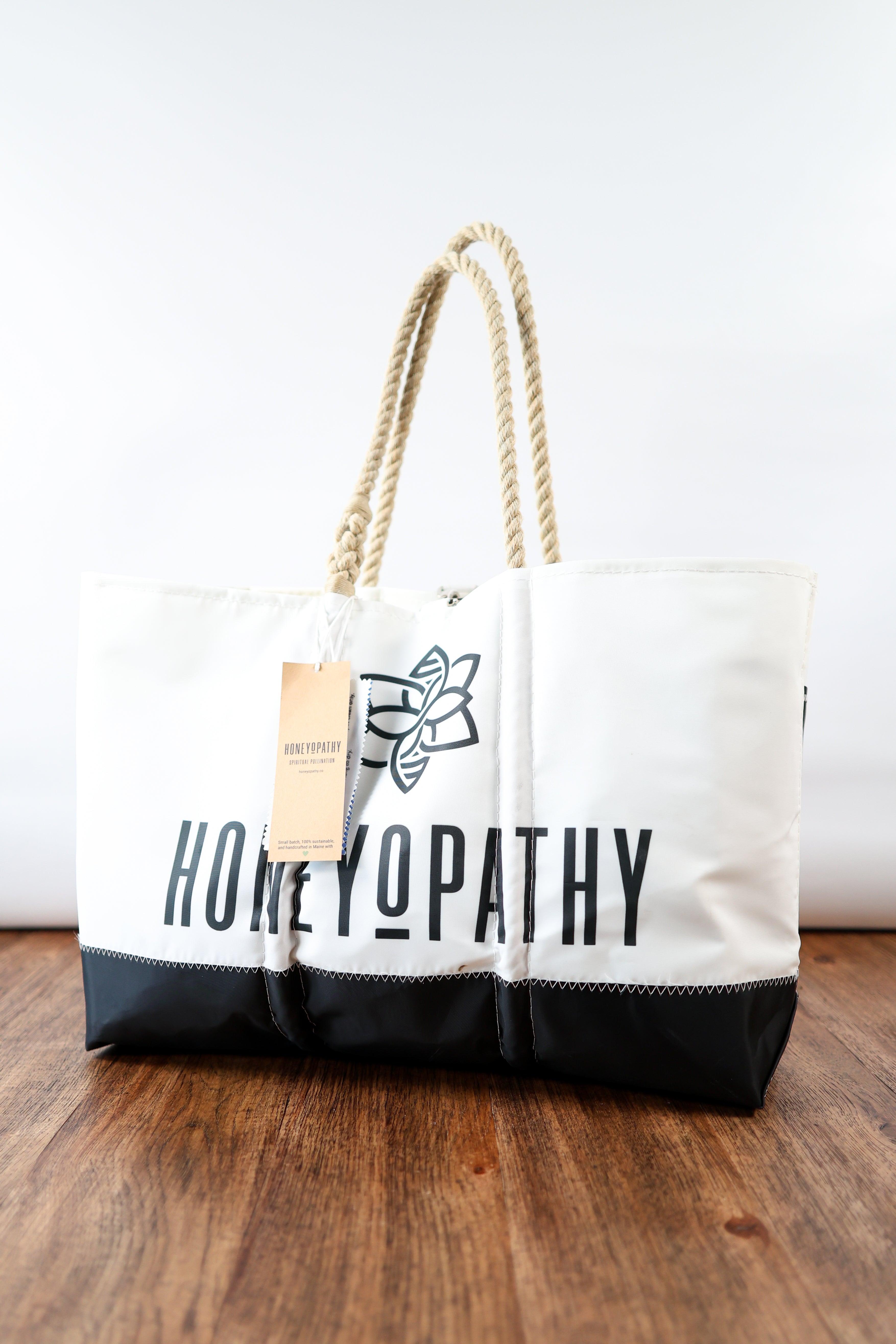
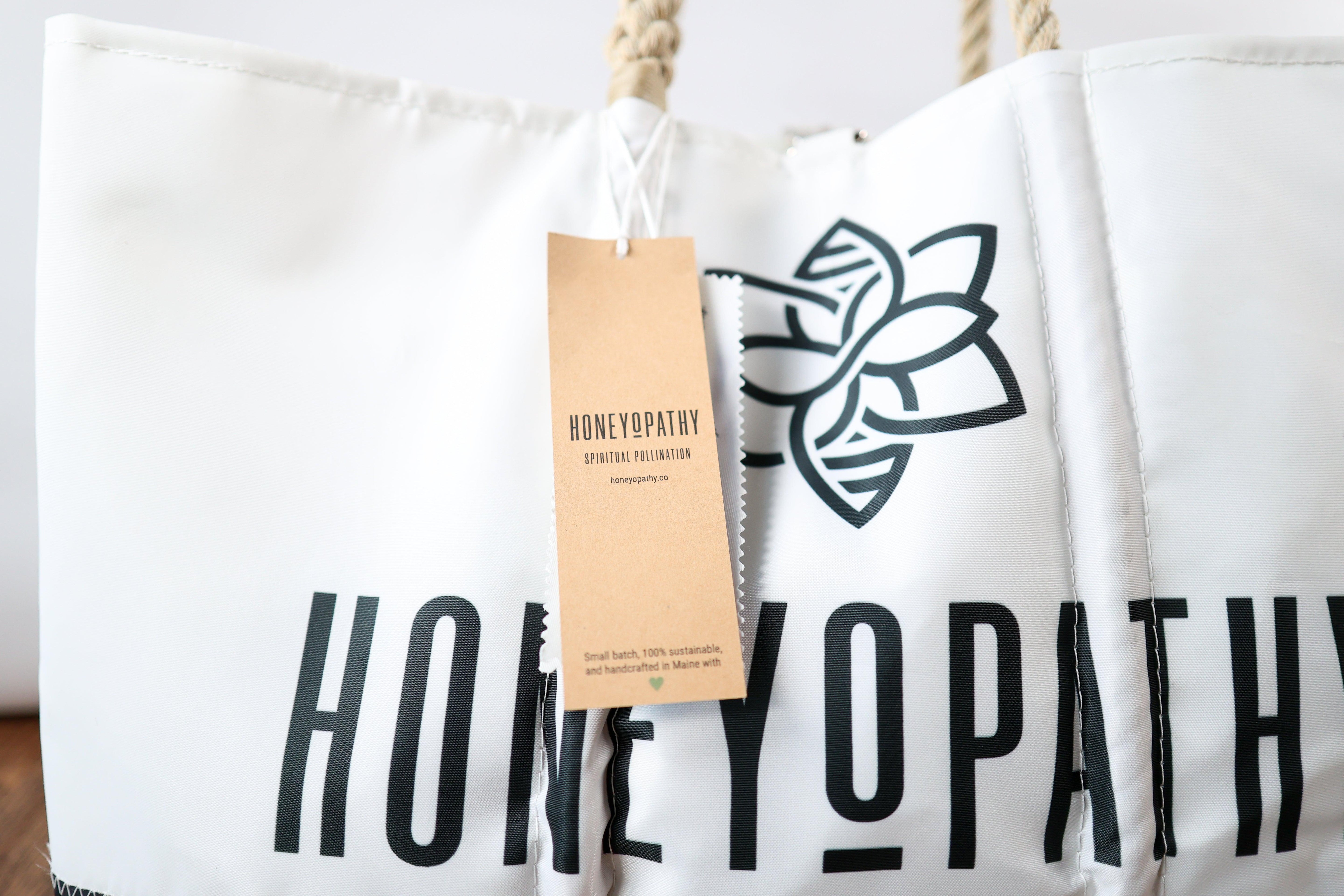

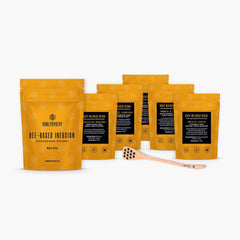

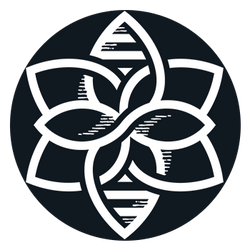






Leave a comment